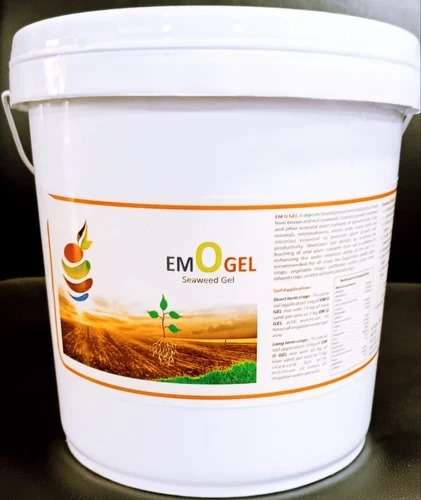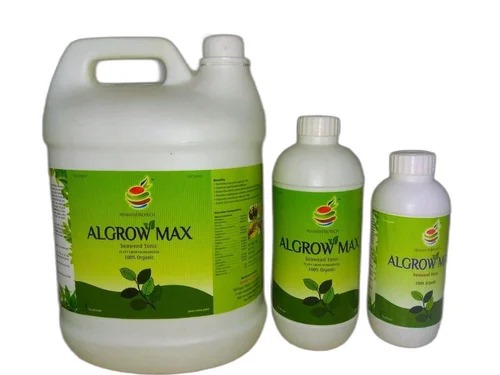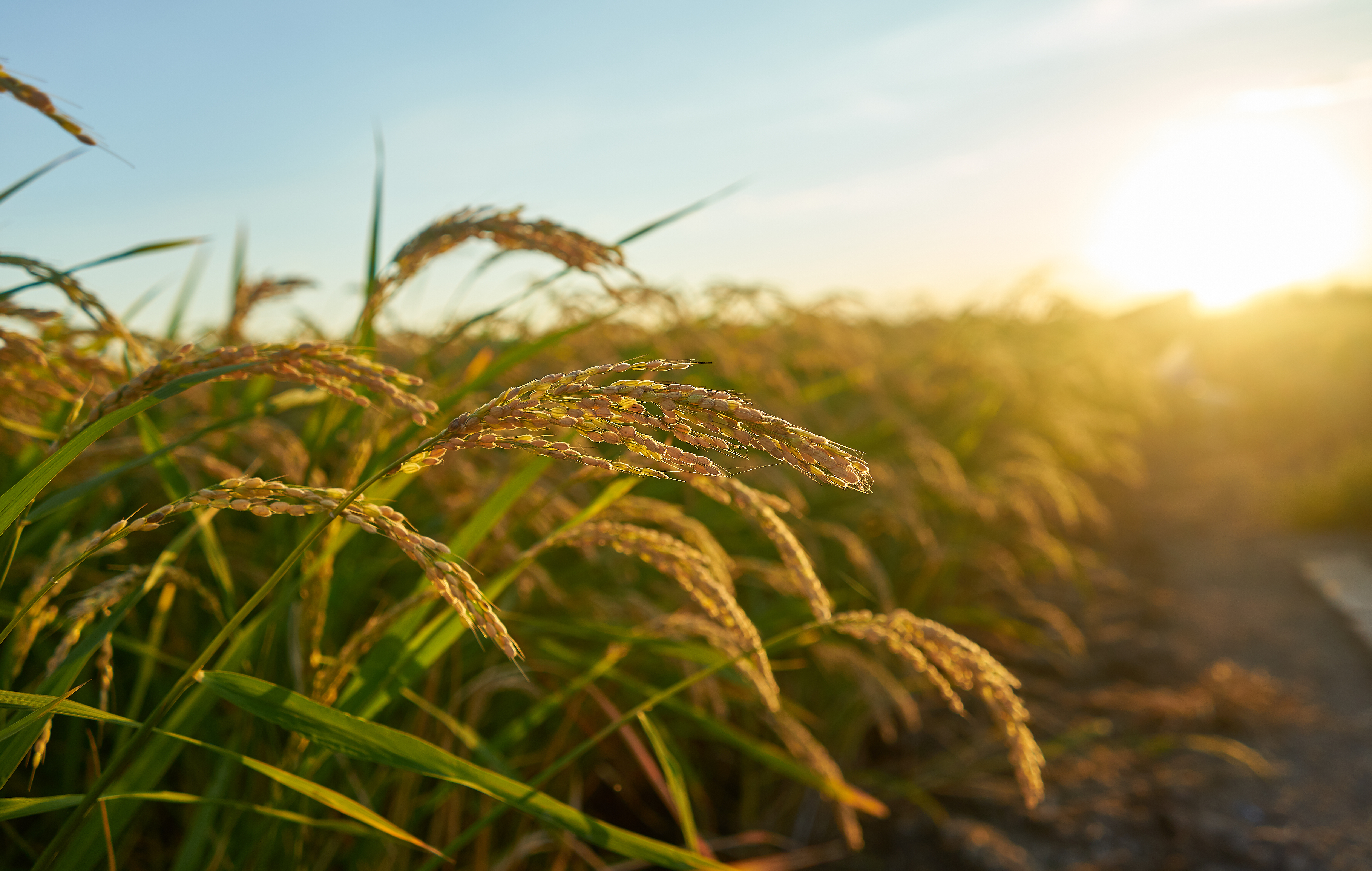Subtotal ₹0.00
As sustainable farming practices become a global priority, innovative solutions are emerging to boost crop yields while protecting the environment. One such solution is seaweed, which has gained attention as a natural fertilizer and bio-stimulant. Farmers around the world are turning to seaweed-based fertilizers for their ability to improve soil health, enhance plant growth, and reduce the need for chemical inputs. In this blog, we’ll explore how seaweed is revolutionizing agriculture and why it’s becoming an essential part of sustainable farming practices.
What is Seaweed Fertilizer?
Seaweed fertilizer is derived from various types of marine algae, including kelp, sargassum, and ascophyllum nodosum. Rich in trace elements, amino acids, and growth hormones, seaweed offers a natural, eco-friendly alternative to synthetic fertilizers. Seaweed products can be used in liquid form as a foliar spray or applied directly to the soil, providing nutrients to plants while enhancing soil health.

Key Benefits of Seaweed in Agriculture
- Nutrient-Rich Composition Seaweed contains essential nutrients like potassium, nitrogen, and phosphorus, which are critical for plant growth. It also has trace elements such as zinc, copper, and manganese, which improve plant vitality and soil fertility. Unlike chemical fertilizers, seaweed offers a slow-release of nutrients, ensuring plants receive consistent nourishment over time.
- Improves Soil Structure and Health Seaweed helps enhance the microbial activity in soil, promoting the growth of beneficial organisms. These microbes break down organic matter and release nutrients, improving soil structure and aeration. As a result, seaweed-enriched soil retains moisture better, reduces erosion, and supports healthier root systems.
- Acts as a Bio-Stimulant Seaweed is a potent bio-stimulant that enhances plant metabolism and resistance to environmental stressors. The plant hormones in seaweed, such as cytokinins and auxins, stimulate root development, increase leaf area, and improve flowering and fruiting. This makes seaweed an ideal addition to organic farming systems, where plant resilience is crucial.
- Increases Resistance to Pests and Diseases Seaweed extracts strengthen plants’ immune systems, helping them resist diseases, pests, and fungal infections. Additionally, seaweed can activate plants’ natural defense mechanisms, making them less reliant on chemical pesticides. This reduces the environmental impact and cost associated with pest control.

Applications of Seaweed in Agriculture
- Soil Conditioner Seaweed is widely used as a soil conditioner, helping to enrich degraded soils by restoring their natural balance of minerals. It is especially beneficial for sandy or clay soils, where it improves the soil’s texture and ability to retain water.
- Foliar Spray When applied as a foliar spray, seaweed extract quickly delivers nutrients through plant leaves, leading to faster and more efficient absorption. This method is especially effective for stimulating growth during the critical stages of crop development, such as flowering and fruiting.
- Seed Treatment Soaking seeds in seaweed extract before planting can enhance germination rates, increase root growth, and improve plant vigor. Seaweed’s bio-stimulant properties boost the seedlings’ resistance to early-stage diseases and stress factors like drought or extreme temperatures.
Why Seaweed Fertilizers are Growing in Popularity
- Sustainability and Environmental Benefits Seaweed is a renewable resource that doesn’t require freshwater, pesticides, or fertilizers to grow. As the global demand for eco-friendly agricultural practices increases, sustainable seaweed farming has emerged as a key solution. Using seaweed fertilizers helps reduce the reliance on synthetic chemicals that harm ecosystems and degrade soil health.
- Cost-Effectiveness While some may see organic options as more expensive, seaweed fertilizers provide long-term value. Their ability to enhance soil health and boost crop yields leads to lower input costs over time. By reducing the need for chemical fertilizers and pesticides, farmers can save money and produce higher-quality crops.
- Improved Crop Yields Multiple studies have shown that the use of seaweed-based bio-stimulants leads to increased crop yields. Whether used in vegetables, fruits, or grains, seaweed products have demonstrated their ability to improve plant growth, reduce stress, and enhance overall productivity.

The Future of Seaweed in Agriculture
As the world continues to face environmental challenges, the role of seaweed in sustainable farming is expected to grow. Farmers are increasingly looking for natural solutions to enhance crop resilience, improve soil quality, and reduce chemical inputs. Seaweed-based fertilizers and bio-stimulants offer an innovative and environmentally-friendly approach to addressing these needs.
With its rich nutrient profile, ability to stimulate growth, and positive impact on soil health, seaweed is proving to be a game-changer in the agricultural industry. The future of farming may very well depend on harnessing the power of the ocean’s resources.
Final Thoughts
Seaweed-based fertilizers and bio-stimulants are more than just a trend—they represent a shift toward sustainable, eco-friendly agriculture. Whether you’re a large-scale farmer or a home gardener, incorporating seaweed into your soil management practices can lead to healthier plants, higher yields, and a greener planet.